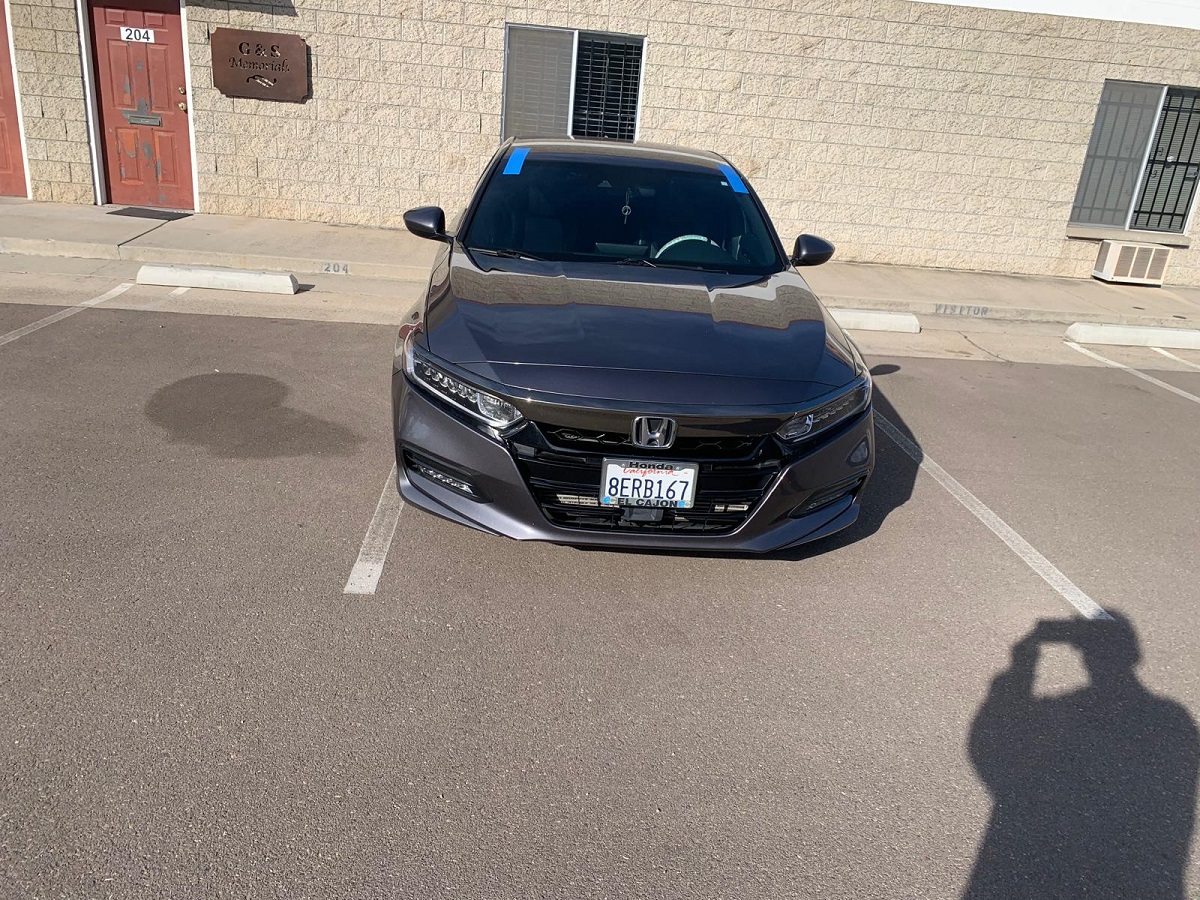As a vehicle owner, it’s essential to understand the importance of proper maintenance and timely repairs. Not only does it ensure your safety on the road, but it also helps extend the life of your vehicle and saves you money in the long run. In this article, we’ll explore the best auto repair tips and tricks to keep your car running at its best.
Understanding Your Vehicle
Before diving into the specifics of auto repair, it’s crucial to familiarize yourself with your vehicle. Take the time to read your owner’s manual and understand the recommended maintenance schedule. This knowledge will help you stay on top of essential tasks like oil changes, tire rotations, and brake inspections. By being proactive about maintenance, you can prevent costly repairs down the line.
Regular Maintenance is Key
One of the best auto repair tips is to stay consistent with regular maintenance. This includes tasks like changing your oil every 3,000 to 5,000 miles, replacing air filters, and checking fluid levels. By keeping up with these routine tasks, you can ensure that your vehicle is running efficiently and avoid potential issues.
Oil Changes
Regular oil changes are crucial for maintaining the health of your engine. Over time, oil becomes contaminated with dirt and debris, which can cause wear and tear on your engine components. By changing your oil at the recommended intervals, you can keep your engine clean and running smoothly.
Tire Maintenance
Your tires are the only part of your vehicle that comes in contact with the road, so it’s essential to keep them in good condition. Regular tire rotations and proper inflation can help extend the life of your tires and improve your vehicle’s handling. It’s also important to check your tires for signs of wear and tear, such as uneven tread wear or bulges in the sidewall.
Addressing Issues Promptly
If you notice any unusual sounds, smells, or performance issues with your vehicle, it’s important to address them promptly. Ignoring potential problems can lead to more extensive and costly repairs down the line. If you’re unsure about what’s causing the issue, it’s best to bring your vehicle to a trusted auto repair shop like C’s Autohaus for a professional diagnosis.
Warning Lights
Pay attention to your vehicle’s warning lights, as they can indicate a variety of issues. If a light comes on, consult your owner’s manual to understand what it means and how to address it. Some warning lights, like the check engine light, can indicate a serious problem that requires immediate attention.
Unusual Noises
If you hear any unusual noises coming from your vehicle, such as squealing, grinding, or knocking, it’s important to have them checked out by a professional. These noises can indicate issues with your brakes, suspension, or engine, and ignoring them can lead to more extensive damage.
Finding a Trustworthy Auto Repair Shop
When it comes to auto repair, it’s essential to find a trustworthy shop that you can rely on. Look for a shop with certified technicians, a good reputation, and fair pricing. C’s Autohaus is a great example of a reliable auto repair shop that puts their customers first.
Ask for Recommendations
One of the best ways to find a trustworthy auto repair shop is to ask for recommendations from friends, family, or coworkers. If someone you trust has had a positive experience with a particular shop, it’s a good indication that you can trust them as well.
Read Reviews
Another way to gauge the reliability of an auto repair shop is to read online reviews. Look for shops with consistently positive reviews and pay attention to any common themes or concerns that are mentioned.
Investing in Quality Parts
When it comes to auto repair, it’s important to invest in quality parts. While it may be tempting to opt for cheaper, aftermarket parts to save money, this can often lead to more problems down the line. Stick with original equipment manufacturer (OEM) parts or high-quality aftermarket parts to ensure the best performance and longevity for your vehicle.
Genuine vs. Aftermarket Parts
Genuine OEM parts are designed specifically for your make and model of vehicle, ensuring a perfect fit and optimal performance. Aftermarket parts, on the other hand, are designed to fit a variety of vehicles and may not always meet the same quality standards as OEM parts. While some high-quality aftermarket parts can be a good alternative, it’s important to do your research and choose parts from reputable brands.
Keeping Up with Technology
As vehicles become more advanced, it’s important for auto repair shops to keep up with the latest technology and diagnostic tools. A shop that invests in the latest equipment and training for their technicians is better equipped to handle the complex systems in modern vehicles.
Advanced Diagnostic Tools
Modern vehicles are equipped with complex computer systems that require specialized diagnostic tools to identify and troubleshoot issues. A shop with advanced diagnostic equipment can quickly and accurately pinpoint problems, saving you time and money in the long run.
Key Takeaways
- Understand your vehicle and follow the recommended maintenance schedule.
- Stay consistent with regular maintenance tasks like oil changes and tire rotations.
- Address any unusual sounds, smells, or performance issues promptly.
- Find a trustworthy auto repair shop with certified technicians and a good reputation.
- Invest in quality OEM or high-quality aftermarket parts for the best performance and longevity.
- Choose an auto repair shop that keeps up with the latest technology and diagnostic tools.
- Proper care and attention to your vehicle will help you avoid costly repairs and keep it running smoothly.
By following these best auto repair tips and tricks, you can keep your vehicle running smoothly and avoid costly repairs. Remember to stay on top of regular maintenance, address issues promptly, find a trustworthy auto repair shop like C’s Autohaus, invest in quality parts, and choose a shop that keeps up with the latest technology. With proper care and attention, your vehicle will continue to serve you well for years to come.
How often should I change my vehicle’s oil?
It’s generally recommended to change your vehicle’s oil every 3,000 to 5,000 miles or as specified in your owner’s manual. Regular oil changes help keep your engine clean and running smoothly, preventing wear and tear on engine components. Staying on top of this routine maintenance task can save you from costly repairs in the long run.
What should I do if my check engine light comes on?
If your check engine light comes on, it’s important to address the issue promptly. Consult your owner’s manual to understand what the light indicates and whether it requires immediate attention. In some cases, it may be a minor issue, but it’s always best to have it diagnosed by a professional to prevent further damage.
How can I find a trustworthy auto repair shop?
To find a reliable auto repair shop, start by asking for recommendations from friends, family, or coworkers who have had positive experiences. You can also read online reviews to gauge the reputation of a shop. Look for a shop with certified technicians, fair pricing, and a commitment to customer service, like C’s Autohaus.
Is it better to use genuine or aftermarket parts for my vehicle?
When it comes to auto repairs, it’s generally best to use genuine OEM (original equipment manufacturer) parts, as they are designed specifically for your make and model of vehicle. While some high-quality aftermarket parts can be a suitable alternative, OEM parts ensure the best fit, performance, and longevity for your vehicle.
Why is it important for auto repair shops to keep up with the latest technology?
As vehicles become more advanced, it’s crucial for auto repair shops to keep up with the latest technology and diagnostic tools. Modern vehicles have complex computer systems that require specialized equipment to identify and troubleshoot issues accurately. A shop that invests in the latest technology can provide more efficient and precise repairs, saving you time and money.



